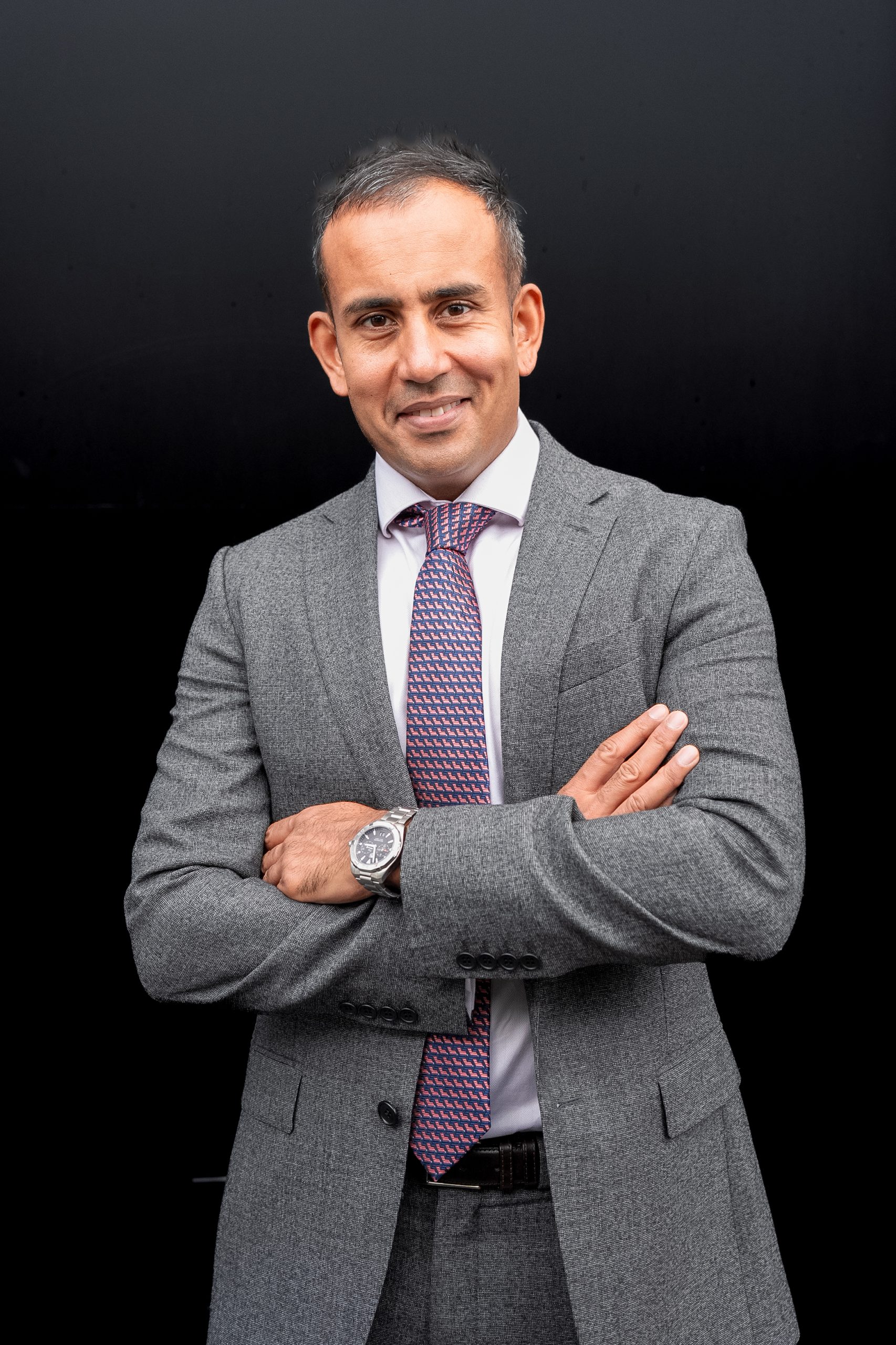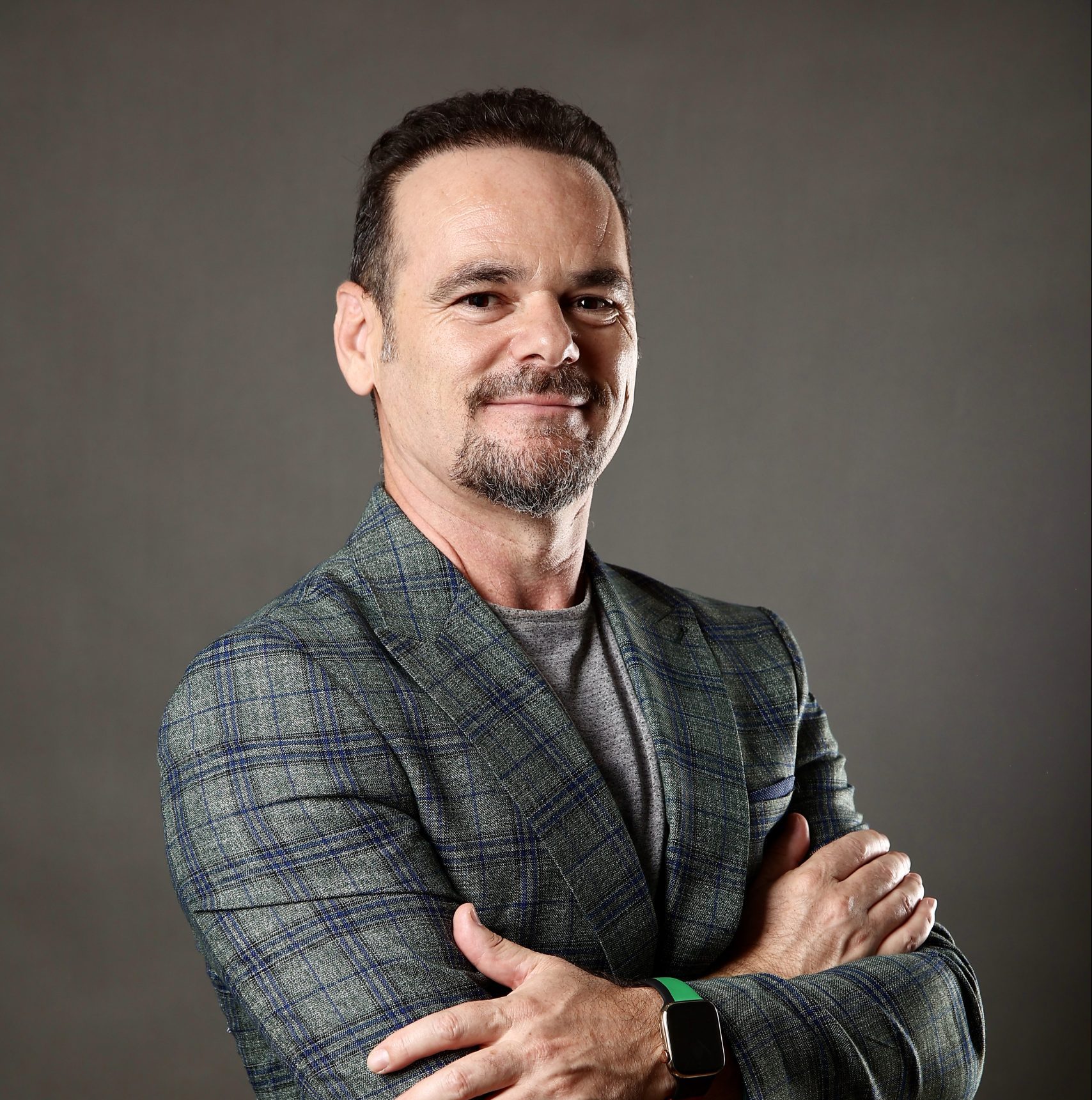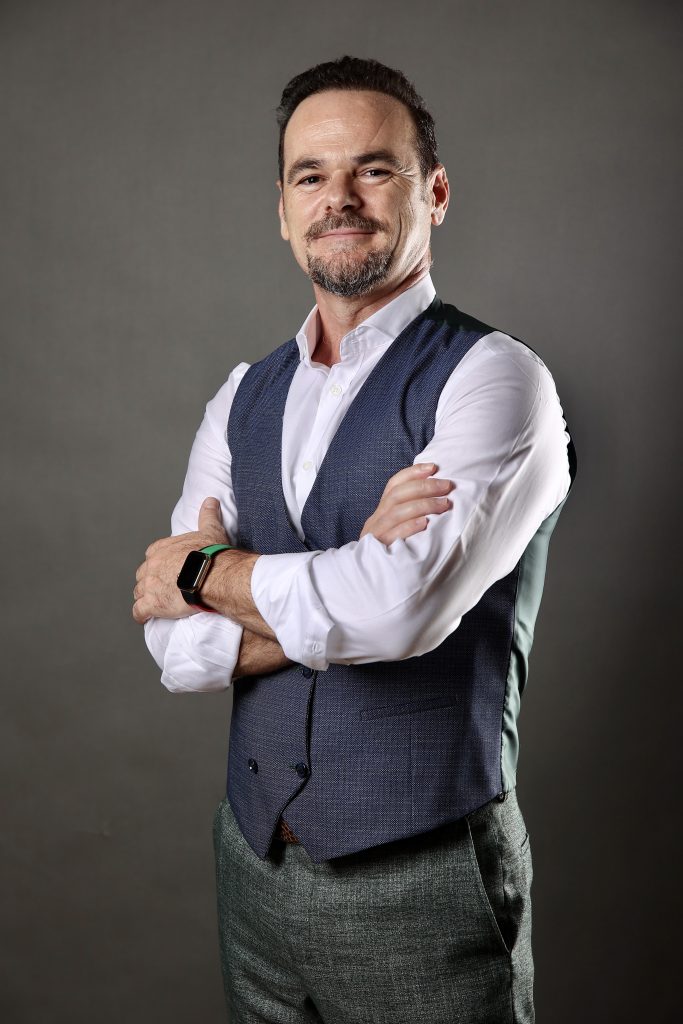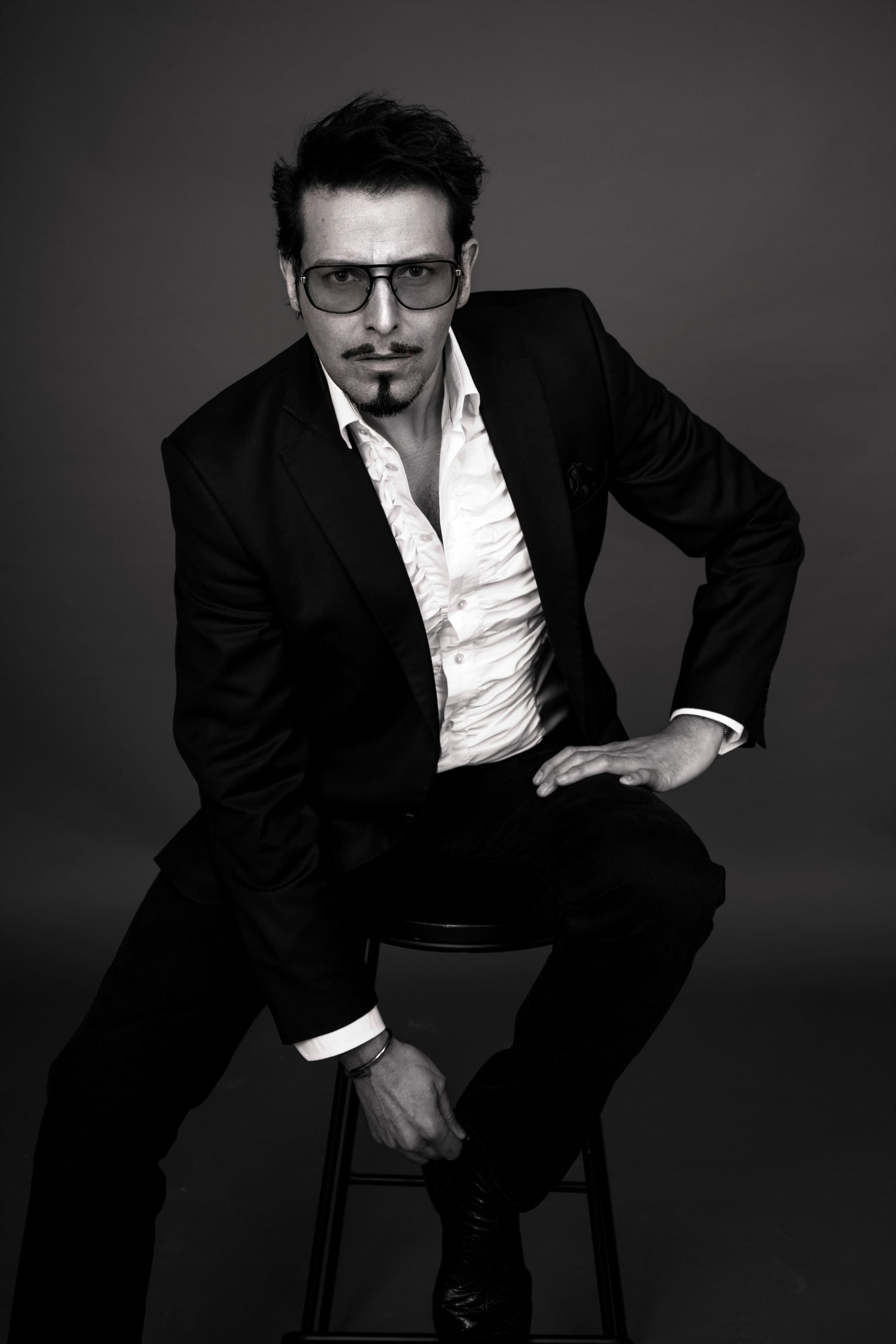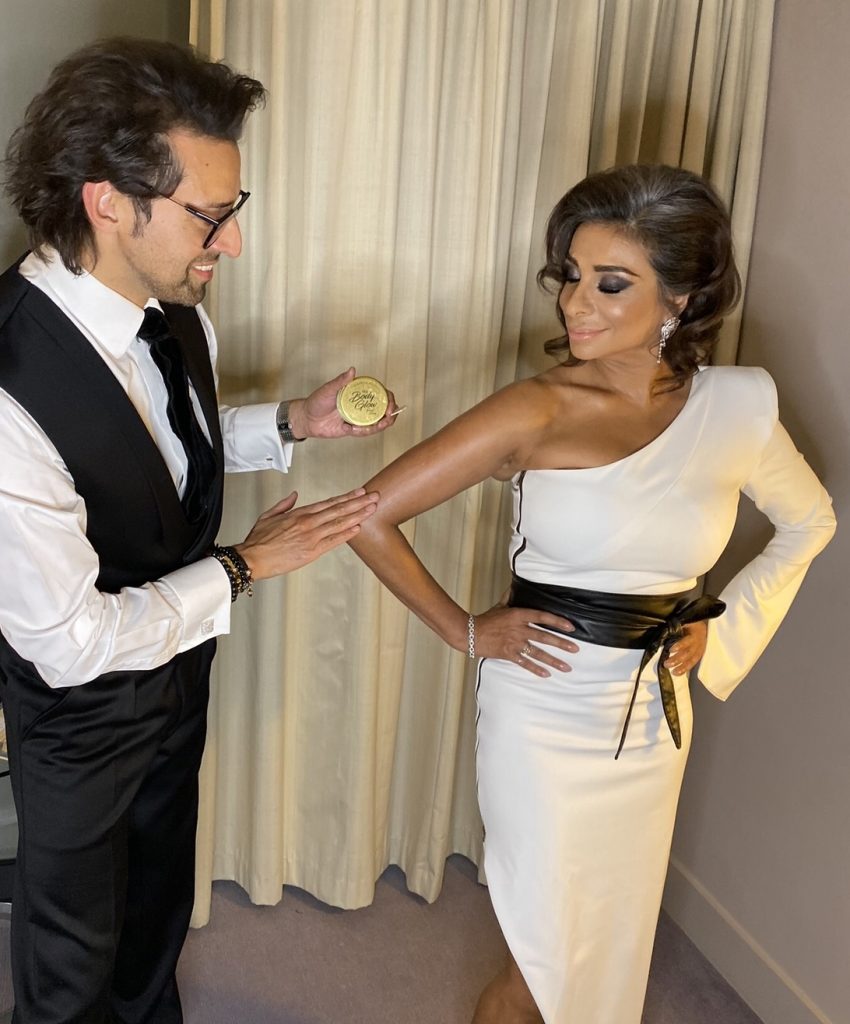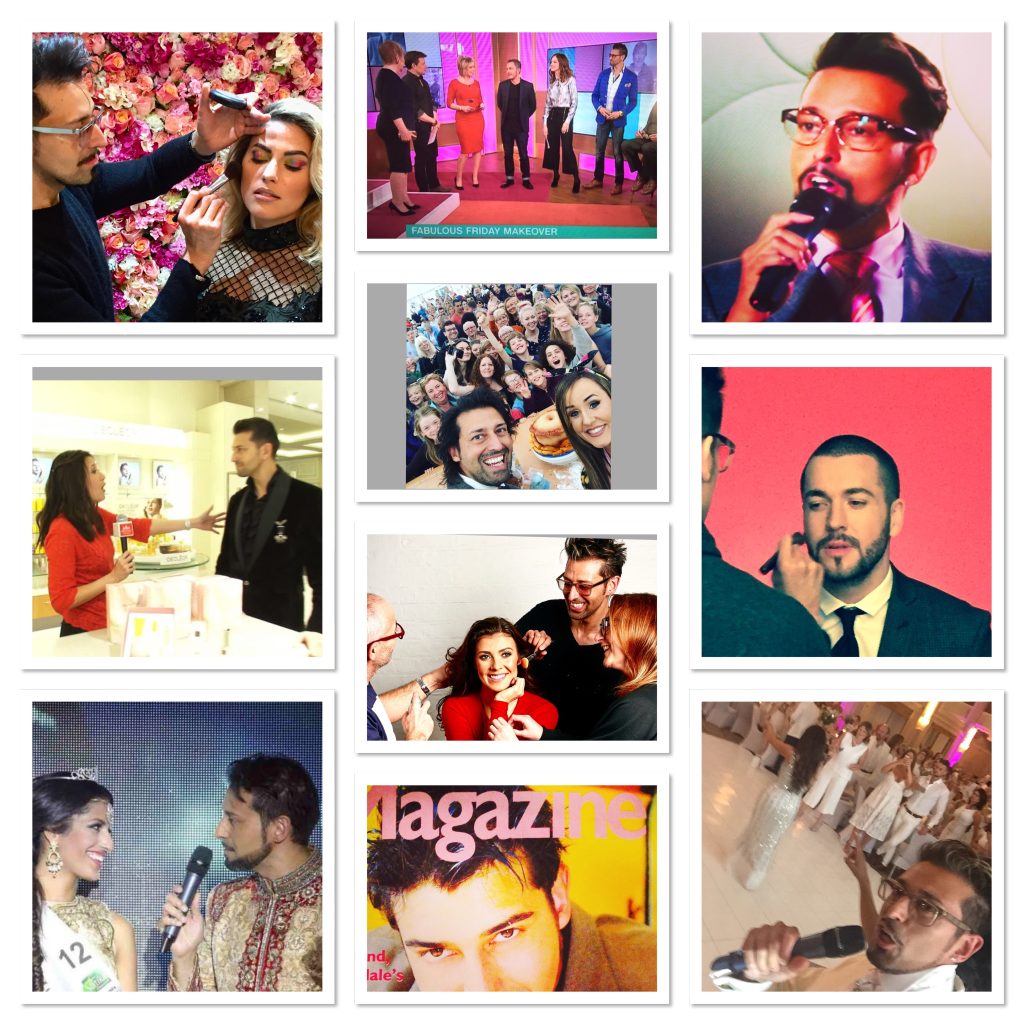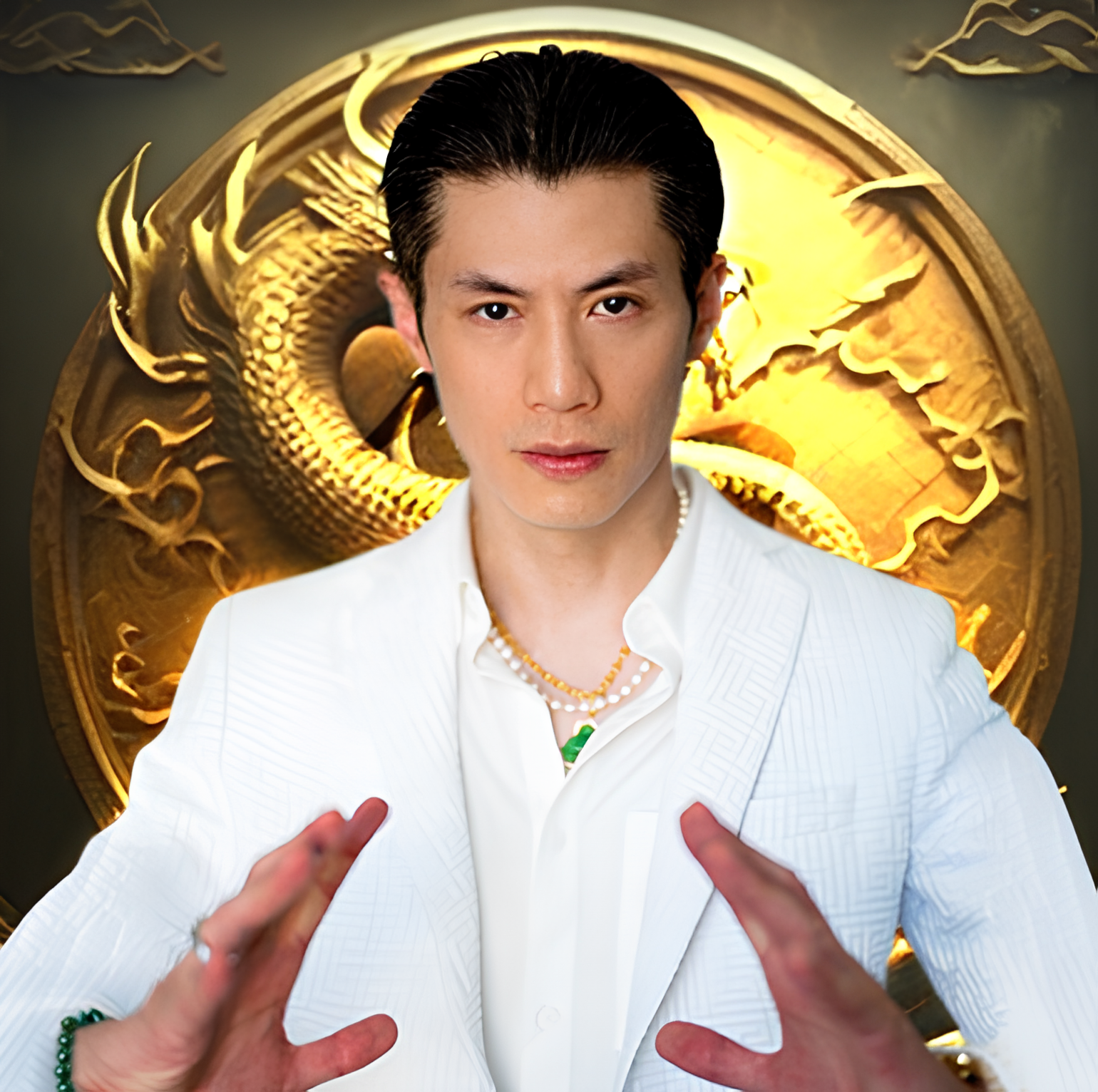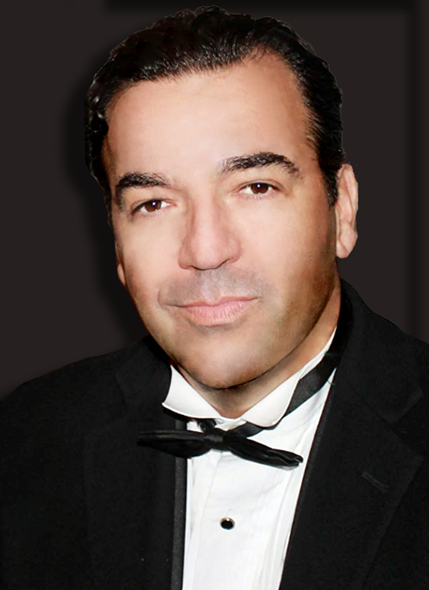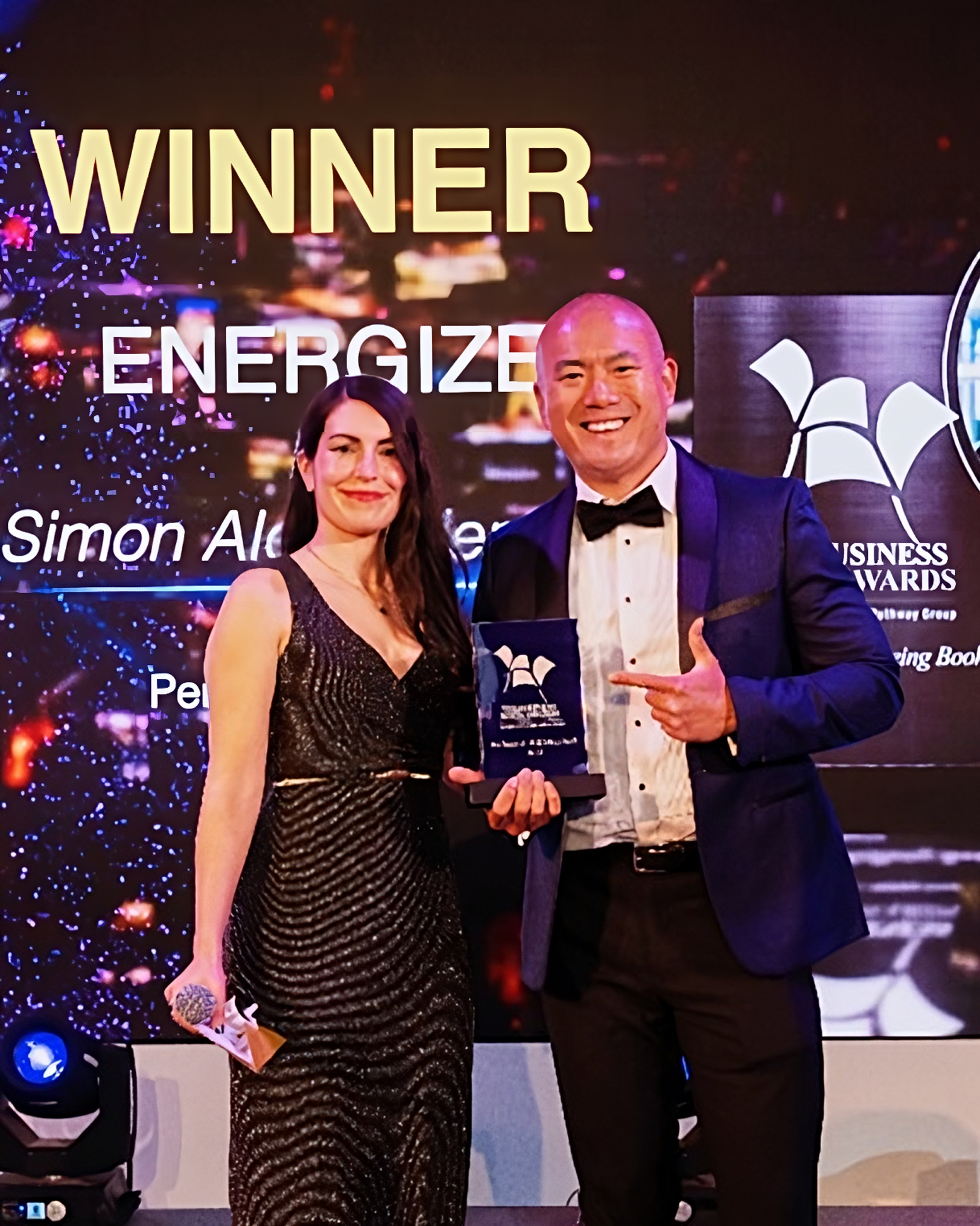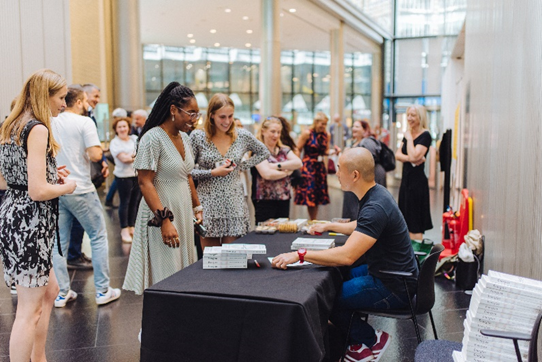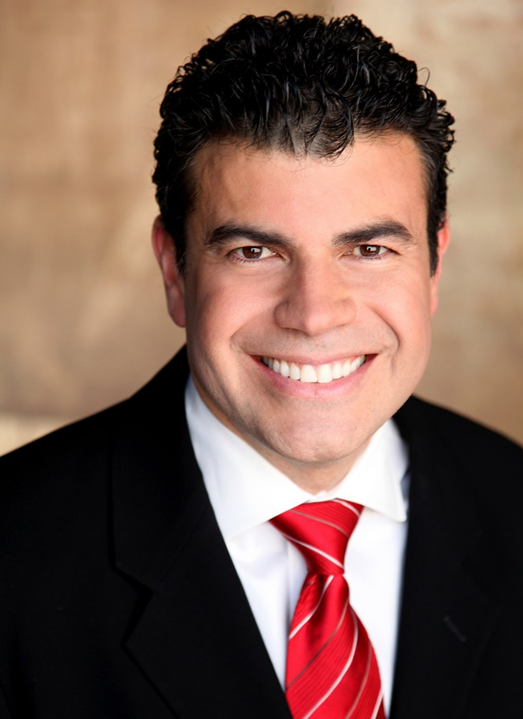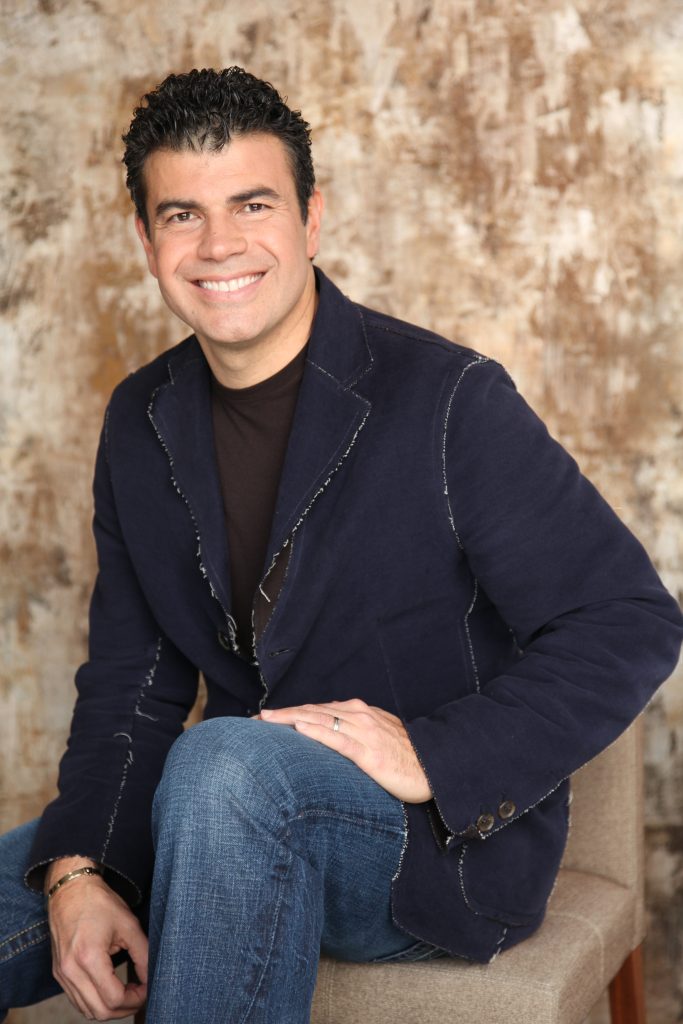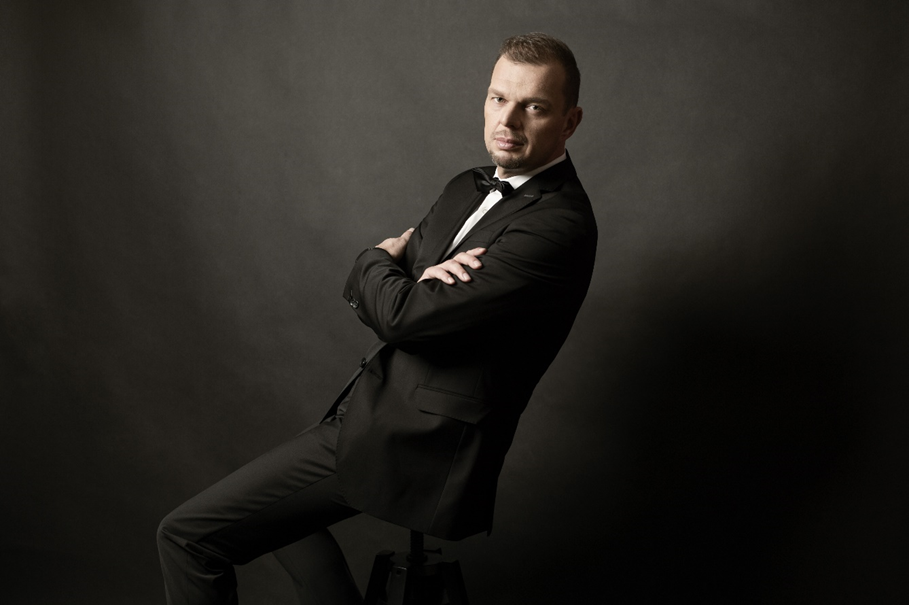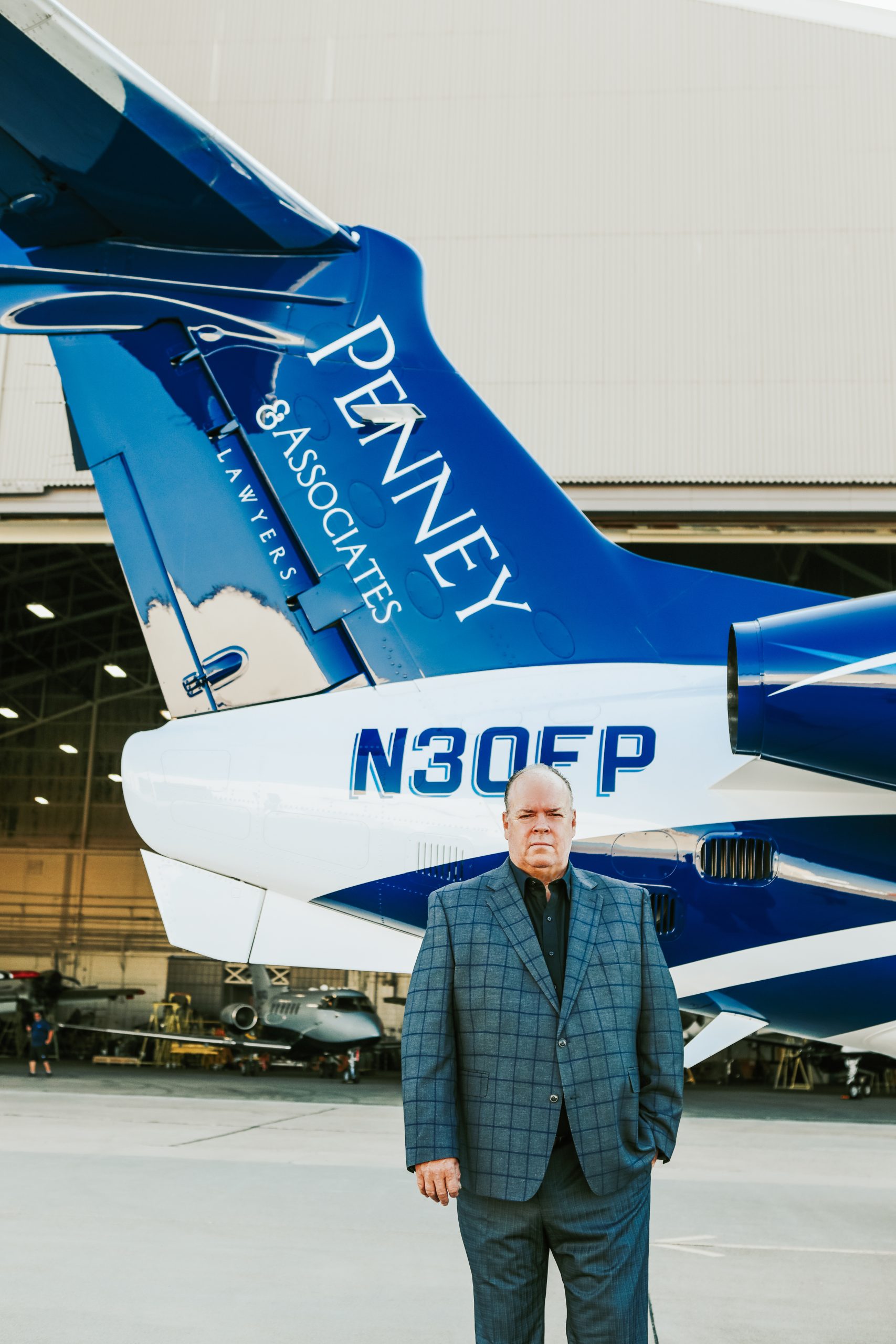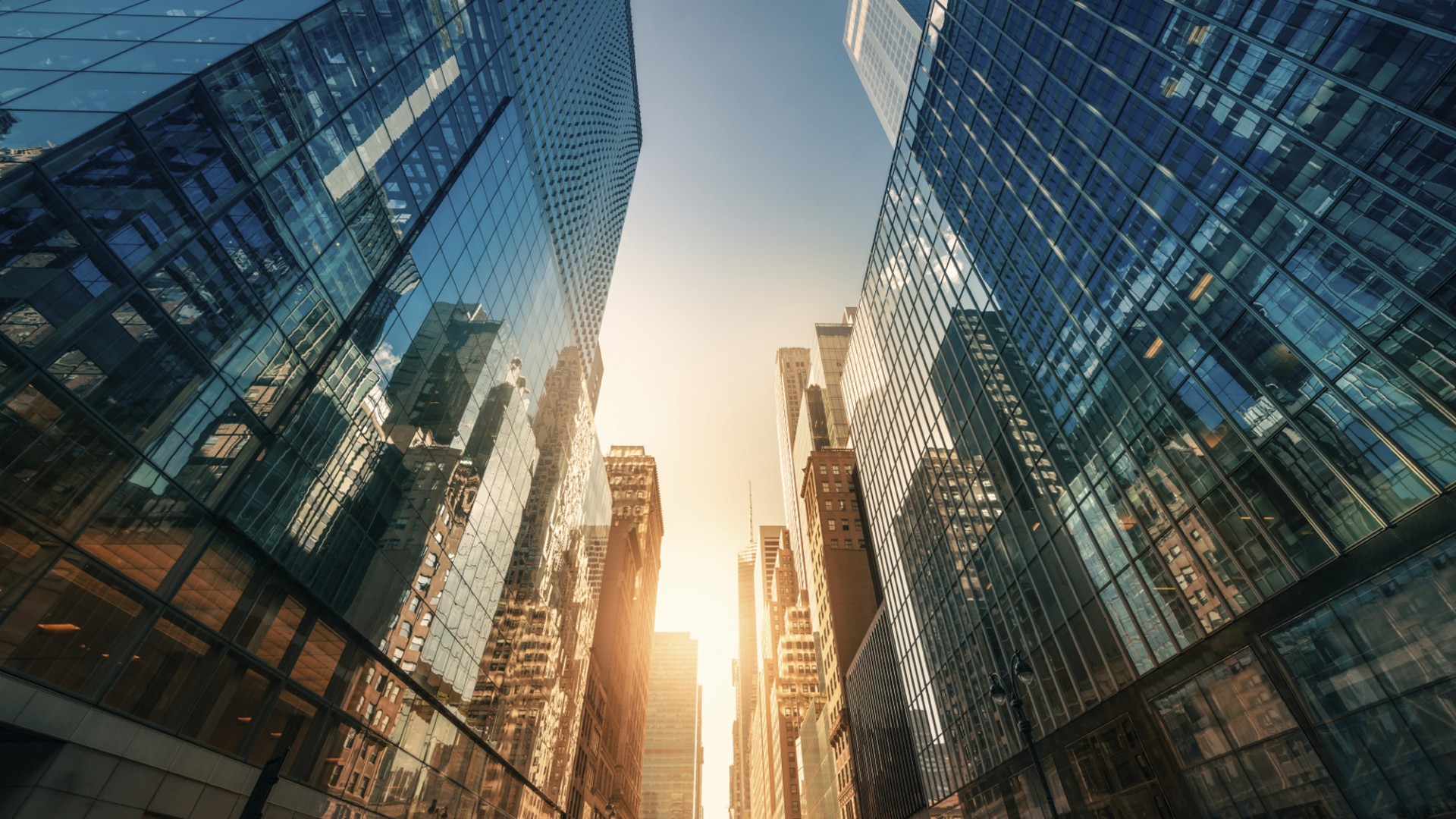In the world of sales and personal development, Navin Jaitly’s remarkable journey from a challenging childhood to becoming a celebrated sales coach, award-winning speaker, and best-selling author is truly inspiring. In this exclusive interview with Global Man Magazine, Navin shares the transformative steps he took to overcome adversity, emphasizing self-awareness, self-belief, and self-kindness as the cornerstones of his success.
With over 15 years of sales experience, Navin reveals that the most potent sales strategy is a shift in mindset, focusing on serving customers rather than persuasion. His coaching has helped clients generate over £12 million in revenue with compelling success stories. Navin’s mission is to empower entrepreneurs and leaders worldwide, and he plans to revolutionize sales training and expand his impact through innovative programs and global speaking engagements.
Navin Jaitly’s journey is a testament to the transformative power of belief, resilience, and serving others, inspiring countless individuals to reach their full potential. Navin Jaitly’s journey exemplifies the transformative power of belief, resilience, and selflessness, inspiring countless individuals to realize their true potential.
[ez-toc]
Can you tell us about your journey from a difficult childhood to becoming a successful sales coach and author? How did you overcome the challenges you faced early in life?
My journey was not an overnight one. I had to dedicate myself to developing myself personally and professionally. I found the more I worked on myself (especially on my mind-set), the more successful I became. It’s a long story but in summary, I overcame my challenges by
- Becoming much more self- aware – Who I was, what I was about and where I got in my own way.
- Developing my self- belief – I started to appreciate and realise that I had many gifts that I just wasn’t appreciating. I was focusing on my weaknesses too much and trying to fix them. As a result, this was undermining my self -belief. As soon as I started to focus on my strengths and develop them further, my self -belief shot through the roof.
- Became kinder to myself – I stopped beating myself up for mistakes I made or things that I didn’t achieve and instead became more accepting. This completely changed my energy and made me able to attract what I wanted.
What inspired you to enter the world of sales, and how did you discover your passion for helping others develop their sales potential?
I entered sales as I was always good with people. I’m naturally an inquisitive person and love dealing with people. Sales was a good fit in that sense. My passion for helping others came from the way I personally turned my own results around.
Once I knew that I had a success formula that I had benefitted from, I wanted to go out and share it with everyone. Furthermore, being in sales, helped me to realise just how important it is to develop as a skill.
I saw so many business owners/ entrepreneurs suffer as a result of not being able to bring in new customers. I want to help them grow their businesses and ultimately their lives.
With over 15 years of experience in sales, could you share some of the most effective sales strategies you’ve learned throughout your career?
There are so many that it would be too long to list for this interview. What I would say, is the most effective strategy is to develop the way you think about sales.
Sales is all about serving. Rather than trying to persuade the customer to do something. Ask them questions that find out about them and their needs, then listen attentively.
Rather than trying to impress a customer, empower them instead. People often don’t buy because they don’t trust their decision or don’t have faith that their purchase will work out for them.
If you focus on empowering them then they have faith in themselves and more likely to make a buying a decision. By putting all your attention on serving and empowering you will have much better results than just trying to persuade and impress.
You’ve helped your clients sell over £12 million in revenue. Can you share a specific success story or case study of a client you’ve worked with and the impact your coaching had on their sales growth?
One of my clients came to me and really wanted to grow their business into a multiple six figure one. She found that she would have many conversations with people, but very few of them would turn into a paying customer. Furthermore, she struggled to increase her prices and would often find she would lose a potential customers interest, if she did try raising the price. She also wanted to increase the number of sales leads she was getting
The first thing I did was work on her sales mind-set and helped her to develop a more positive relationship with sales. We used some powerful mind – set tools to increase her confidence and belief around herself as well as her products/ service. We then created a sales strategy/ plan and helped her to reposition the way she spoke about her service.
I coached her around several sales techniques such as objection handling, questioning, closing, negotiating etc. As a result within a short period, her sales started to dramatically increase. Furthermore, with everything she had learnt, she was able to increase her prices of her services.
After just 3 months of working with me, she had the confidence to double her pricing and furthermore found that clients were willing to pay the higher prices. I not only provided her with the tools to feel confident to double her prices but the skills needed to help her customers understand her value and be willing to pay them. Furthermore, her sales revenue doubled in the first 6 months of working with me.Her business transformed as did the income, revenue and impact that she made. She now runs a successful, multiple six figure business.
Winning several awards for outstanding sales contribution is a remarkable achievement. What do you believe sets you apart from others in the sales industry and led to this recognition?
There are a few things that set me apart. First of all, I have developed a very positive and resilient mind-set. I don’t give up easily and am always on the front foot. 15 years of sales experience in a variety of environments has also blessed me with a range of highly effective sales skills.
Furthermore, it’s my journey. I have transformed myself from underachiever to high achiever. I know what it is like to be on both sides of the performance fence and as a result this makes me far more effective when helping customers do the same. I think the biggest factor, is that I genuinely care about my customers. I love developing people and watching them grow.
I love to help and serve. Ultimately I get results for both myself and my clients! The combination of these factors is what sets me apart.
Your personal development journey, including coaching, hypnotherapy, and NLP, played a significant role in transforming your mind-set. How do you incorporate these practices into your coaching to help others achieve similar transformations?
I use NLP and Hypnotherapy as tools to rewire my customer’s subconscious beliefs and thoughts.
I use them as tools to go deep into my customer’s minds and develop more positive thoughts and actions.
As an award-winning speaker and an international best-selling author, what topics do you typically speak and write about, and how do you use these platforms to further empower entrepreneurs and business leaders?
I write and speak a lot about mind set, not just related to sales but also related to general performance. I also write and speak about sales theories and concepts. Furthermore, I write and talk about coaching, what is it and what its value is.
I am a big believer in developing mind-set and sales skillset, by using a coaching approach.
Travelling the world as part of your personal development journey must have been eye-opening. How did these experiences shape your perspectives and contribute to your personal growth?
Travelling was amazing and very educational. Not only did I learn a lot about different people and cultures around the world but learnt a lot about myself.
Furthermore, travelling and exposing myself to new situations, made me more flexible and open minded, it made me more adaptable and ok with unfamiliar situations.
I also increased my self -belief and confidence as I saw that I was excelling in many different situations and with different types of people. All of this really accelerated my personal growth and even to this day helps me become more effective as a coach and a businessman.
Establishing Navin Jaitly Coaching Ltd is a significant accomplishment. Could you describe your coaching approach and how you combine sales expertise with mind-set and peak performance principles?
My coaching approach is to combine developing my client’s mind – set and skills set so that they are able to make more sales, income and impact.
I use tools that I’ve learnt from coaching, hypnotherapy, NLP and my intensive study of personal development to develop their mind-set.
I then teach the tools and strategies that I’ve learnt from 15 years of successful sales, in order to teach sales skillset. By combining the 2, my clients gain exponential results.
Your mission is to empower and transform the sales/business results of entrepreneurs, business owners, and leaders globally. What are your future goals and aspirations for achieving this mission, and how do you plan to expand your impact worldwide?
My future goal is to become the leading coach/ business in the industry when it comes to developing both the sales mind set and the skillset of business owners. I want to revolutionise the way sales training/ coaching is delivered in businesses. My long-term vision is to transform the success and empower over 1 million people globally.
I plan to expand by developing new group sales coaching programmes, a sales coaching app and an enhanced version of my sales impact academy online programme. I also plan to expand by speaking on some of the biggest stages in the world and even creating large events that help to transform people’s sales success.


